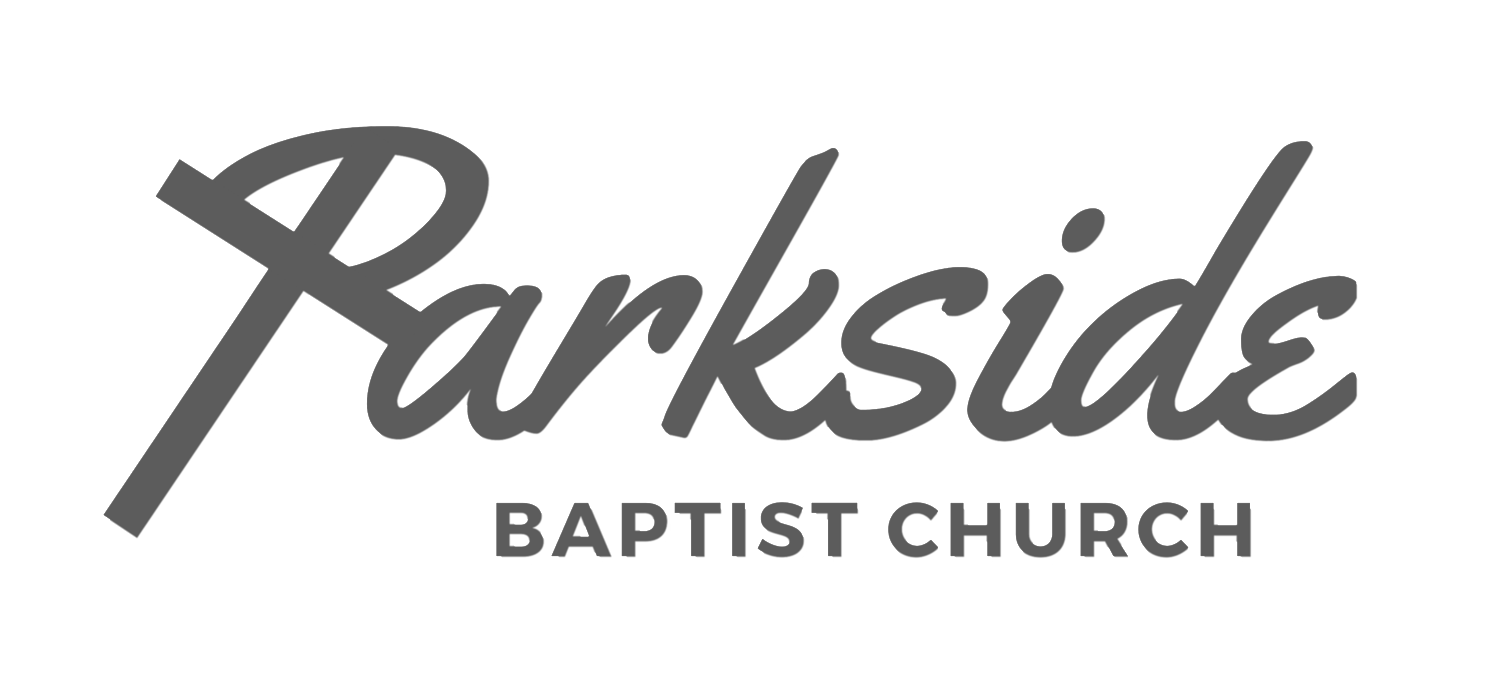As we take an overview in our current preaching series on 1 Peter, one of the themes that stands out in Peter’s message to the churches is that of their identity and belonging. He refers to them several times as “strangers” or “aliens” in the world; yet they were not in physical exile. Most of them were just living where they had been brought up. So what is Peter trying to say and what does it have to say to us?
In recent years there have been many TV’s series about where we have “come from”. Similarly the popularity of ancestry searches has been incredibly high. Shows like “Who Do You Think You Are?” and “Go Back to Where You Came From” have been popular, but also controversial. The question of what it means to be an “Australian” has been divisive; for those born here, for refugees, for first and second generation kids, and for Aboriginal people. Where is home? Who is welcome here? Where do you and I belong? What is your/our story? My grandfather grew up in Scotland, I was born in PNG, I grew up mostly in PNG, I have spent time in Australia, but I have also lived overseas and travelled the world. So who am I and where is my home and place of origin?
As Christians in the West we can also feel now a disconnect and fear about where our place and voice in society is. Christianity, for a whole bunch of reasons (many self-inflicted), has lost its public and respected voice in our lifetime. We find ourselves on the margins with little influence and with many people viewing us cautiously and with suspicion. Yet for Peter’s audience and for us, the message is not one of doom and circling the wagons as we face “exile” in our “own land”, whatever that means. Peter encourages his churches which are made up of both Jews and Gentiles, that now as the people of God their identity and belonging and home is no longer on earth. Their hope is eternal and the kingdom of their new Lord is now not a physical earthly one, but a heavenly one.
He addresses them, and now us, as a “chosen people” and a “royal priesthood” belonging to God. God has called us out of darkness into his light; we are to live out that hope as individuals and as a community that others might see us as visibly different. We are to be a people and a community that have values that are different to the culture around us. But we are to live out those values respectfully and joyfully rather than trying to close ranks or cling to whatever remaining power still lingers from Christendom. So in the Kingdom of God, we are given a new identity. It matters not where we were born, what colour our skin is, whether we are refugees, long standing migrants, or aboriginal first nation people. In Christ we are all part of his holy nation whose home is beyond this world. And so we live as “strangers” and “aliens” no matter what our heritage is. But we do so with the hope of glory in our hearts and a deep love for each other and those God is still calling to his family.
Grace and Peace - Garry

